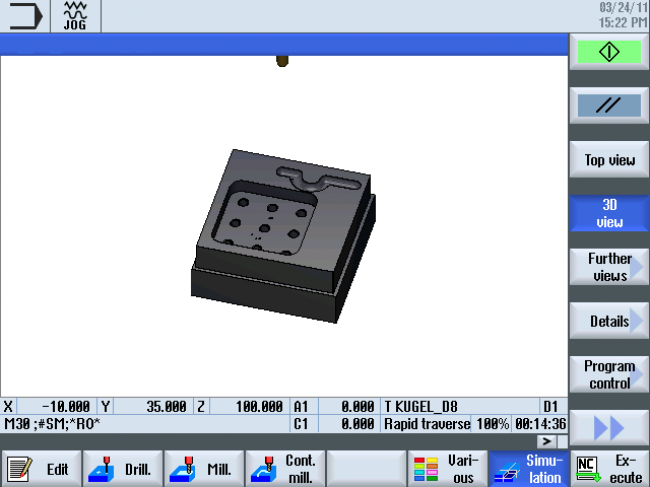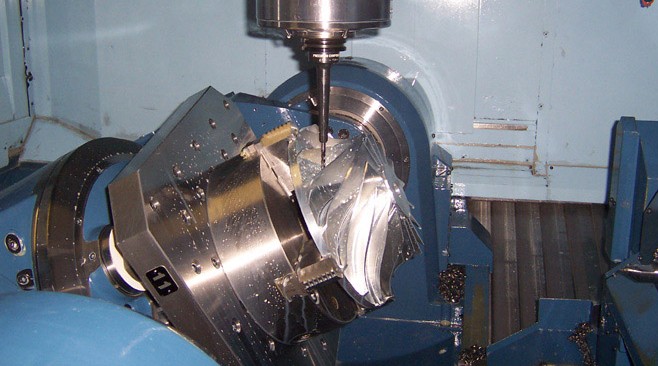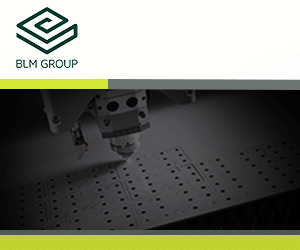Cut and Paste Program Changeover
Here’s how job shop multi-taskers and busy machine operators can pull information from existing server files off a network, flash card or memory stick and fill in the blanks to be up and running faster.
Posted: November 26, 2012
Operators at busy job shops were multi-tasking long before that word came into the lexicon of the machine tool world. The need to import a part program, calculate offsets, shape the blank (hold that thought) and figure up the tools needed often took more time than the job cycle time itself.
When the runs are short – especially in the one-off sector of our industry – this set of tasks was always a significant and sometimes very unprofitable circumstance. We all lived with it and valued those operators who could do their changeovers in minimum time without error. For everyone else, we did the best we could and kept learning as we went along.
To be blunt, all of that is now ancient history.
With today’s advanced CNC technology, the ease of program changeover can be as simple as the “cut and paste” phrase we all use with our PC and document technology. From a host server, with programs prepared offline or using a compact flash (CF) card or USB stick, today’s CNC machine operators can literally cut and paste their way to faster start-ups and safe, secure changeovers. Even tool management can be a matter of “fill in the blanks” and go, owing to advanced intuitive tool tables and pre-selected icons with visual representations of the tools needed for a job.
Older or less sophisticated machine controls often require additional steps or more complex operations to make changes. But that situation is completely unnecessary now because the modern CNC can work with open server technology that allows downloads without compromising system security or program integrity.
For example, consider a program that has a wrong fixturing point. With a few simple screen touches, the operator can bypass the error point and the CNC will recalculate the path for proper motion. And, because the control can save the entire program in both original and amended condition, the situation can be rectified at every “need to know” level of the shop with little upset to the workflow.
Accessing the program can be as simple as setting the domain names and drive names, then having the screen on the CNC present the part visually. Once confirmed, the parameters are immediately accessible, whether for a simple prismatic part or complex five-axis job. Over a simple Ethernet connection, a small shop can allow instant access to all part programs at any machine on the floor, or the program can be transmitted manually.
Tool management is likewise simplified, as the tool name and location are easily set on-screen from available selections, in an easy-to-use intuitive table. At the busy shop, where jobs are often rescheduled on the fly, this flexibility allows an operator the ability to run more similar jobs, using comparable tools. Since today’s sophisticated CNC usually has standard tool offset and tool wear offset calculations embedded, there is a further upside to this adaptability. Namely, it doesn’t come with a big “option” price tag.
Cut-and-paste thinking has indeed come a long way since I was a kid.
And PS to shop owners: If you haven’t looked at what your CNC can (or cannot) do in this area, I suggest you check into it pronto. Regardless of the work being done or the axes of motion involved, a better CNC will translate into more profit in many ways, both seen and unseen.

















